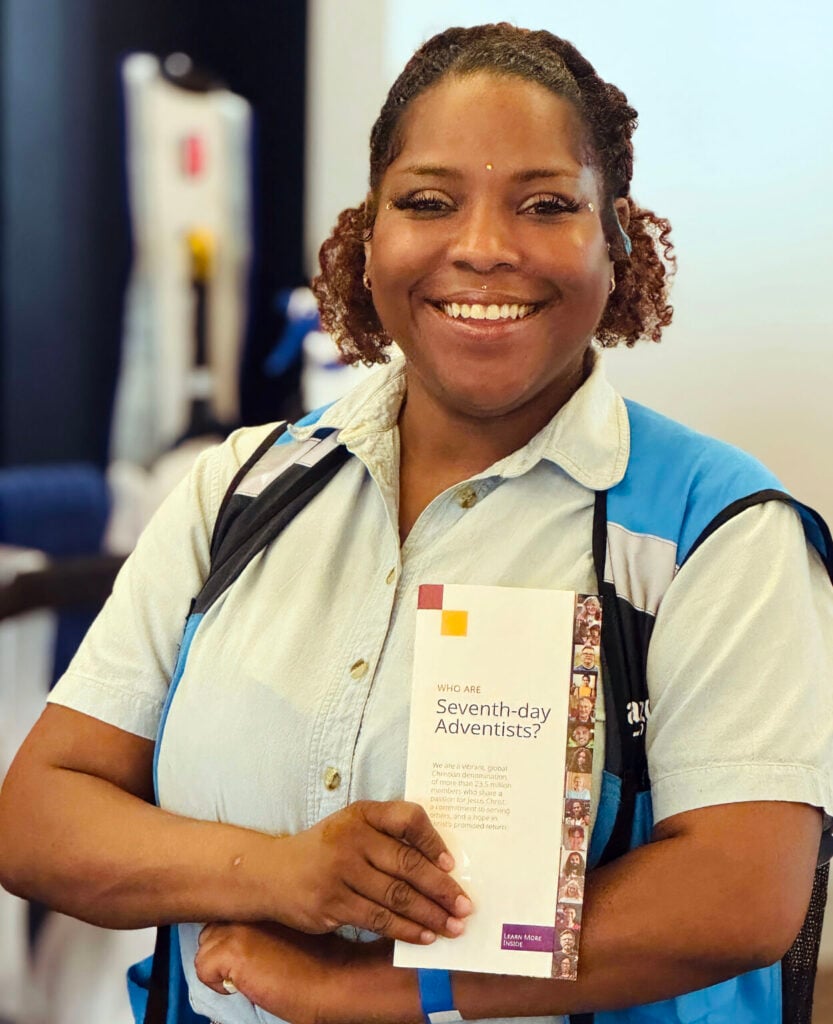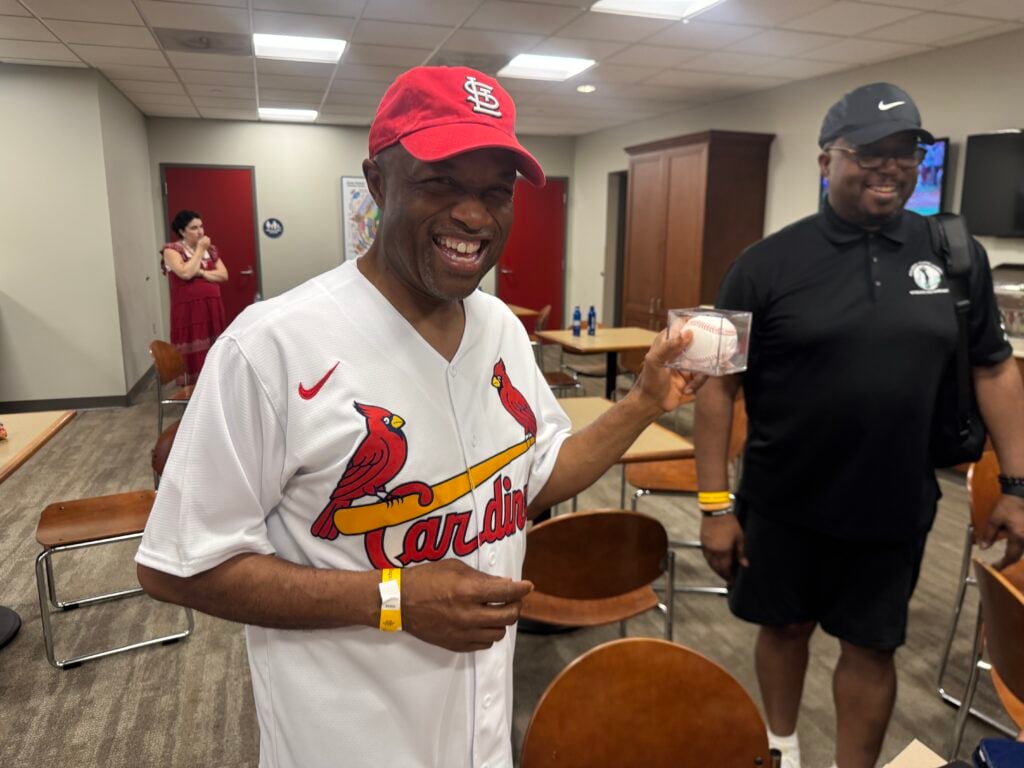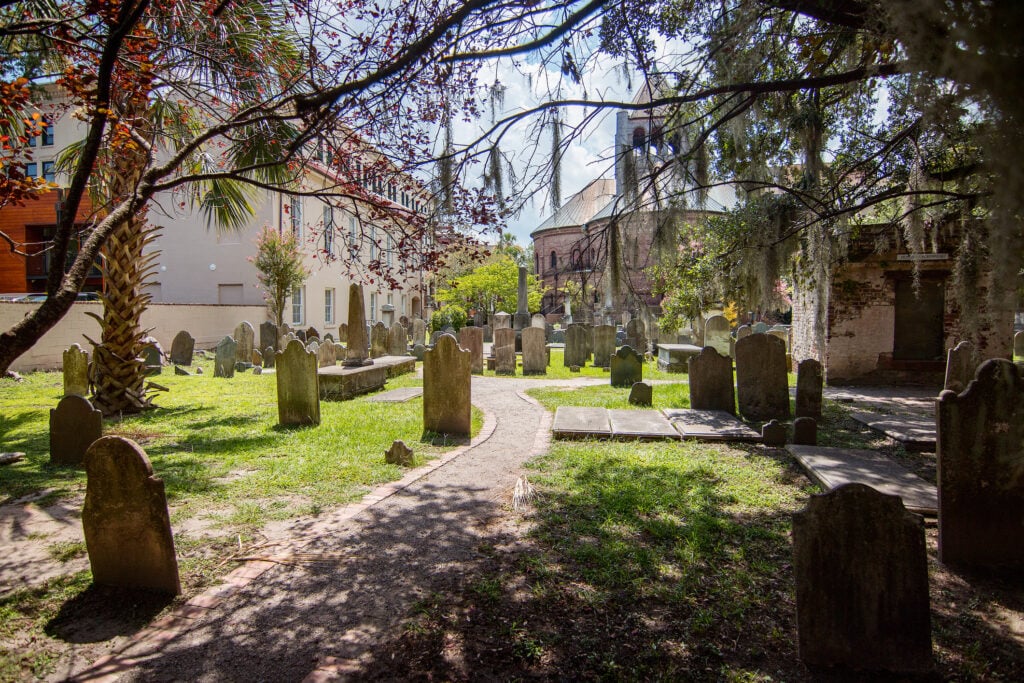Anyone who works in law enforcement, or has a loved one who does, dreads the kind of news we heard on Tuesday, February 2, 2021. As the news agencies reported, two FBI agents were killed and three others were injured in a shooting as authorities were executing a search warrant at a home in Sunrise, Florida. The gunman, who was also killed, was a 55-year-old man suspected of producing and trafficking in child pornography.
According to the authorities, the incident began just after 6 a.m. at an address near Miami, Florida. The FBI agents were at the home to serve a federal court-ordered search warrant in a case involving violent crimes against children. In the ensuing shootout, special agents Daniel Alfin and Laura Schwartzenberger were killed, two other agents were injured and taken to the hospital (where they were released after treatment), and one additional agent did not require hospitalization.
I am a Seventh-day Adventist pastor, and a volunteer chaplain with the Federal Bureau of Investigation.[1] More specifically, I serve the Violent Crimes Against Children (VCAC) Unit to which these agents belong. On the afternoon of February 2, I was contacted by the unit chief who requested that I come provide support for the local members of the team, some of whom were acquainted or had worked with the agents involved in this tragedy.
The VCAC Unit
The VCAC Unit was created by the FBI to provide a rapid, proactive, and comprehensive task force to counter all threats of abuse and exploitation to children when those crimes fall under the authority of the FBI; to identify, locate, and recover child victims; and to strengthen relationships between the FBI and federal, state, local, tribal, and international law enforcement partners to identify, prioritize, investigate, and deter individuals and criminal networks exploiting children.[2]
The scope of the investigations conducted by the FBI’s VCAC unit include such things as: child abductions, contact offenses against children, sexual exploitation of children, distribution or possession of child sexual abuse material (known as CSAM), and international parental kidnapping.
FBI Chaplains
The FBI began the volunteer chaplaincy program in 1991, following a seminar that examined critical incidents involving the FBI personnel. The FBI understood that its employees involved in shootings and who work gruesome scenes needed additional support beyond that provided by mental health professionals.
FBI chaplains are unpaid volunteers who are both protected by workplace rules and have security clearances like other employees of the bureau. Many of the more than 150 chaplains serve as chaplains in other law enforcement agencies in addition to their role as pastors or church employees. FBI chaplains, like those in the military, health care facilities, or corrections facilities, do not proselytize during their ministry service. However, chaplains can help answer the deeper questions in the hearts of those who witness tragedy differently from other trained professionals.
An Honor and Privilege
I have been a pastor in the Seventh-day Adventist Church for most of my ministerial career of more than 35 years. I’ve served in 12 local, county, and federal agencies as small as 12 and as large as 40,000. I have never received any compensation for any of my work, but the greatest reward has been to know and be associated with some of the finest, most dedicated people in the country.
Through the years I have attended many training opportunities in such subjects as critical stress management, suicide prevention, intervention, and postvention, line-of-duty death, law enforcement burnout, and many more. I have also received training in hostage negotiation and peer support and counseling. Following the tragic events of September 11, 2001, I was deployed to New York City for two separate weeks to provide support to the rescue personnel, particularly the Port Authority Police Department; and, following the collapse of the bridge over the Mississippi River in Minneapolis, Minnesota, in which 13 people were killed and 145 more were injured, I was part of the team that provided more than 30 interventions to the rescue personnel who worked during that incident.
In 2016 I was invited to join the FBI, the first and only Seventh-day Adventist chaplain to serve the bureau. Since then, two other Adventist pastors have been processed and joined the bureau. What an honor and a privilege it is to serve the premiere law enforcement agency not just in the United States, but one that is recognized and admired all over the world. Those who work for the FBI are some of the smartest, best trained, and most capable people in this country and the world.
Ministry in Person, but not Public
While FBI personnel are among the best and brightest, they are still human beings. They have great times, but they also suffer great losses, like the one on February 2, 2021. They have families, houses, cars, and pets; and yet they also have highly classified information going through their hands and being processed in their minds—information that can help and save millions of people in this country and around the world, and information that can be potentially damaging to many. They also carry the additional burden of secrecy and confidentiality. Much of what they do cannot be shared with anyone — family or friends.
My work with the FBI is to get acquainted with the personnel in the units where I serve as a chaplain. VCAC is one of my units. Together with VCAC, other units devote much of their time to investigating child pornography. Their goal is not only to catch consumers, and put a stop to what the producers do, but most importantly to save and protect the innocent children who are the subject of exploitation by those perpetrators.
I wander around the hallways, visiting the agents and analysts in their cubicles, the supervisors in their offices, making myself available to them, if they wish to or need to talk to me. I ask about their family, their health, and about their well-being. I don’t ask any specifics about their job. I don’t need to know any of that, nor do I expect that they would tell me.
Being Available
On Wednesday, February 3, I made my rounds around the office, stopping to talk to everyone, but specifically with the members of the VCAC unit. I returned the next day just to make sure I hadn’t missed anyone the previous day. I didn’t have to say much: just a hello and a “how are you” are sufficient invitation for anyone who would like to share with me what’s on their mind. I know that they appreciate my quiet presence, my willingness to listen, and who I represent as a chaplain.
As I made my rounds I recalled the day, a couple of years ago, when I met Rachel.[3] She saw me in the hallway and called me toward her. “Do you have a minute to talk?” she asked me.
“Of course, that’s why I’m here,” I answered.
We went to an empty conference room. She told me that the next day would be the first anniversary of her daughter’s death. Her daughter had passed away unexpectedly on the Monday following Mother’s Day, a year before, leaving her teenage son to be raised by Rachel. Tears rolled down her face as she opened her heart to me, telling me of her sorrow, her concerns for her grandson, how sad and how tired she was. I listened quietly, shared a few thoughts when I thought it prudent, and had prayer with her. Ever since that day, whenever I see Rachel, she greets me with a big smile and thanks me for my help.
That’s what I do as a chaplain for the FBI. I am available, I listen, I help, I pray.
[1] The FBI does not allow names of the chaplains to be in print or online for safety issues.
[2] Crimes Against Children/Online Predators. Fbi.gov. Retrieved from: https://www.fbi.gov/investigate/violent-crime/cac
[3] Not her real name.




